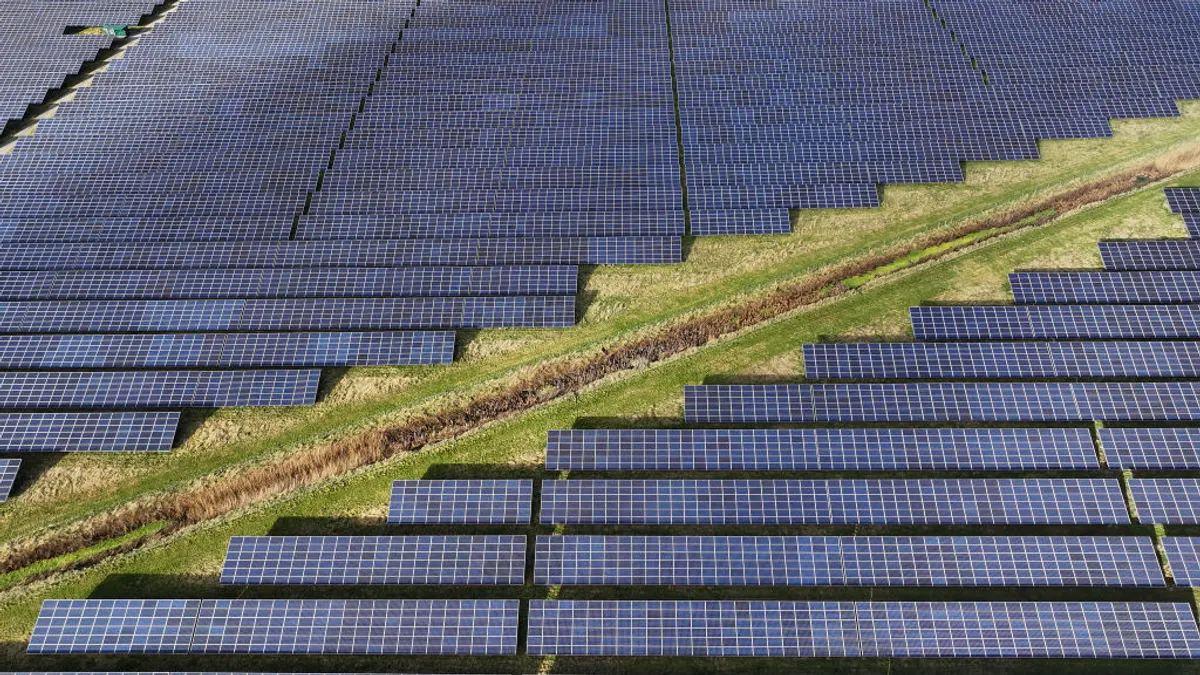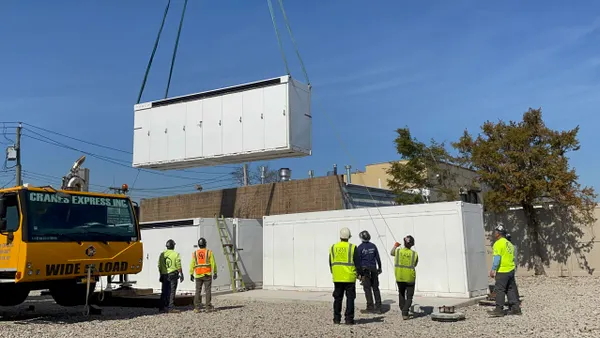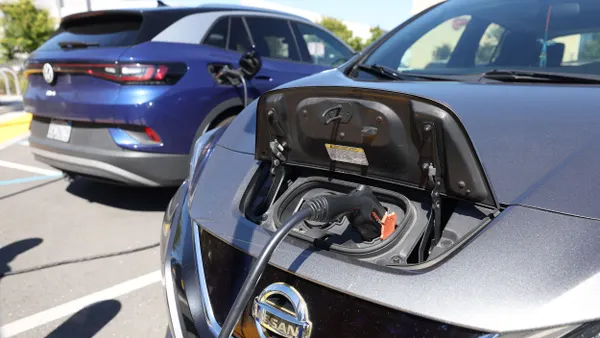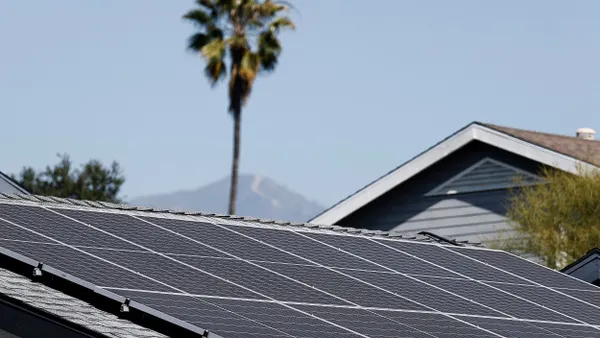Dive Brief:
- The U.S. Department of Energy (DOE) on Wednesday proposed reversing changes made to the "Process Rule" by the Trump administration, which experts say made it more difficult to strengthen energy saving standards for appliances and equipment.
- This is the second round of proposed changes to the process rule under President Joe Biden. DOE under President Donald Trump "left behind a maze of obstacles for this administration," Andrew deLaski, executive director of the Appliance Standards Awareness Project (ASAP), said in a statement.
- DOE is required to review appliance standards every six years, but the agency fell behind under Trump and as of March, 2021, the agency had missed legal deadlines for 28 product standards.
Dive Insight:
Biden's DOE has four years to get through almost 50 appliance standard reviews — including 19 standards that must be set by January 2025 — and without changes to the Process Rule, ASAP says it will be difficult or impossible for the agency to catch up.
However, deLaski called the notice of proposed rulemaking a "positive step" for setting standards and said "we're looking for the Biden administration to begin proposing updates for overdue standards soon."
Under Trump, DOE finalized changes to the process rule in 2020 that made the process for setting appliance efficiency standards more complicated. According to DOE's notice of proposed rulemaking (NOPR), the changes "would remove unnecessary obstacles" to meeting its statutory obligations.
The changes would reverse a provision that made it more difficult for DOE to set standards for commercial heating and cooling equipment that are stronger than those set by the American Society of Heating, Refrigerating and Air-Conditioning Engineers, which is industry professional group where manufacturers have a strong voice. The NOPR also removs a provision that required multiple rulemaking steps before an updated standard could be proposed.
A first set of changes proposed in March tackled different topics, including potentially reverting the process rule to "nonbinding guidance status," allowing DOE flexibility in its application, and eliminating the minimum energy savings threshold for appliance standards.
The National Electrical Manufacturers Association (NEMA) previously said it was "disappointed with the direction" of DOE's first round of proposed changes. It and other appliance manufacturers met with Biden officials in late March to discuss the coming rule change. NEMA said it would be reviewing the latest proposed rule changes.
DOE is planning an Aug. 10 webinar to discuss the NOPR and will take public comment on the proposed changes for 45 days after publication in the Federal Register.
Biden wants to decarbonize U.S. power sector by 2035, and experts say energy efficiency will be a key to meeting the target. Analysis from ASAP and the American Council for an Energy-Efficient Economy found consumers and businesses could save $1.1 trillion on utility bills in the next three decades, through updated appliance efficiency standards.
According to the NOPR, 2020 changes to the process rule sought to create a standardized rulemaking process, but "in creating this one-size-fits-all approach" the final rule "also added additional steps to the rulemaking process that are not required by any applicable statute."
"Subsequent events have caused DOE to reconsider the merits of a one-size-fits-all rulemaking approach to establishing and amending energy conservations standards and test procedures," DOE said in a summary of its NOPR.
ASAP officials say there are other rule changes in the works at DOE as well, including rules to address light bulb efficiency, gas furnaces, test procedure waivers and other issues. Since Biden took office, attorneys general from more than a dozen states and New York City have urged DOE to resume setting appliance efficiency standards.
In June, the Consumer Federation of America, the National Consumer Law Center and two dozen other groups called on Energy Secretary Jennifer Granholm to update efficiency standards for household lighting products, after the Trump administration. The groups say the delays are costing consumers almost $300 million each month in lost utility savings.














